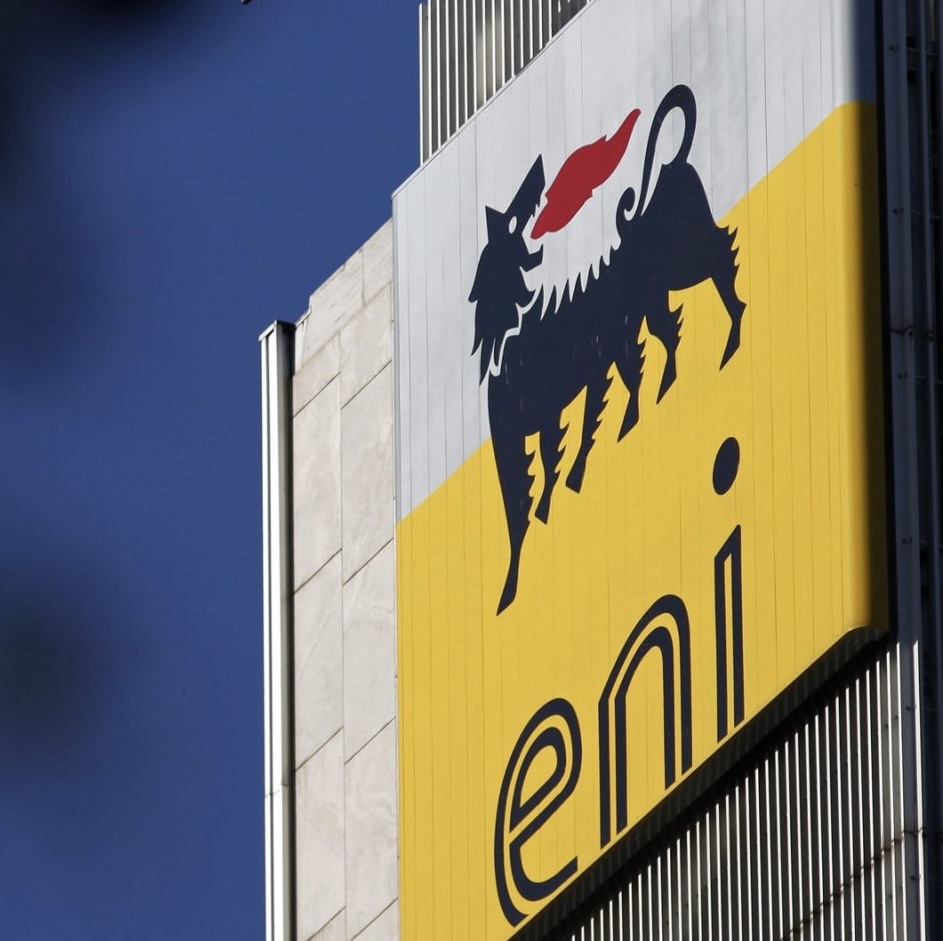KEY POINTS
- Eni is set to sign the final investment decision for Mozambique’s Coral North LNG project in Maputo this week.
- The 3.5 million ton-a-year floating platform will double Mozambique’s current offshore LNG production.
- Unlike onshore rivals, Eni’s offshore ventures in the Rovuma Basin have so far avoided insurgency-related disruptions.
Italian oil and gas major Eni SpA is preparing to sign off on a long-awaited final investment decision (FID) for Mozambique’s Coral North liquefied natural gas project, setting the stage for the southern African nation to double offshore LNG output despite delays dogging rival ventures.
The agreement, expected Thursday in Maputo, will see Eni commit to the country’s second floating LNG platform, according to two people familiar with the plan. Mozambique’s government cleared the development plan in April, paving the way for the Coral North unit to produce an estimated 3.5 million metric tons of LNG annually once in operation.
Eni Chief Executive Officer Claudio Descalzi will join Mozambique’s recently inaugurated president, Daniel Chapo, at the signing ceremony in the capital, underscoring the project’s strategic weight both for the company and for the country’s economic ambitions.
Offshore Strategy Shields Eni from Security Risks
The Rovuma Basin has been a magnet for international oil majors, but political violence and insurgency in Mozambique’s northern Cabo Delgado province have repeatedly stalled progress onshore. Global competitors TotalEnergies SE and Exxon Mobil Corp. have both suffered costly delays at their massive LNG terminals.
Eni’s offshore approach, however, has largely insulated its projects from such turmoil. The company’s first floating LNG platform, Coral South, began exports in 2022, marking Mozambique’s entry into the global LNG market. Coral North will now effectively double that capacity, positioning Mozambique as a rising LNG supplier at a time when Europe and Asia are scrambling to diversify energy sources beyond Russia and the Middle East.
The timing could prove pivotal. With natural gas demand projected to remain strong well into the 2030s, Mozambique’s offshore developments give it a seat at the table of emerging global exporters.



